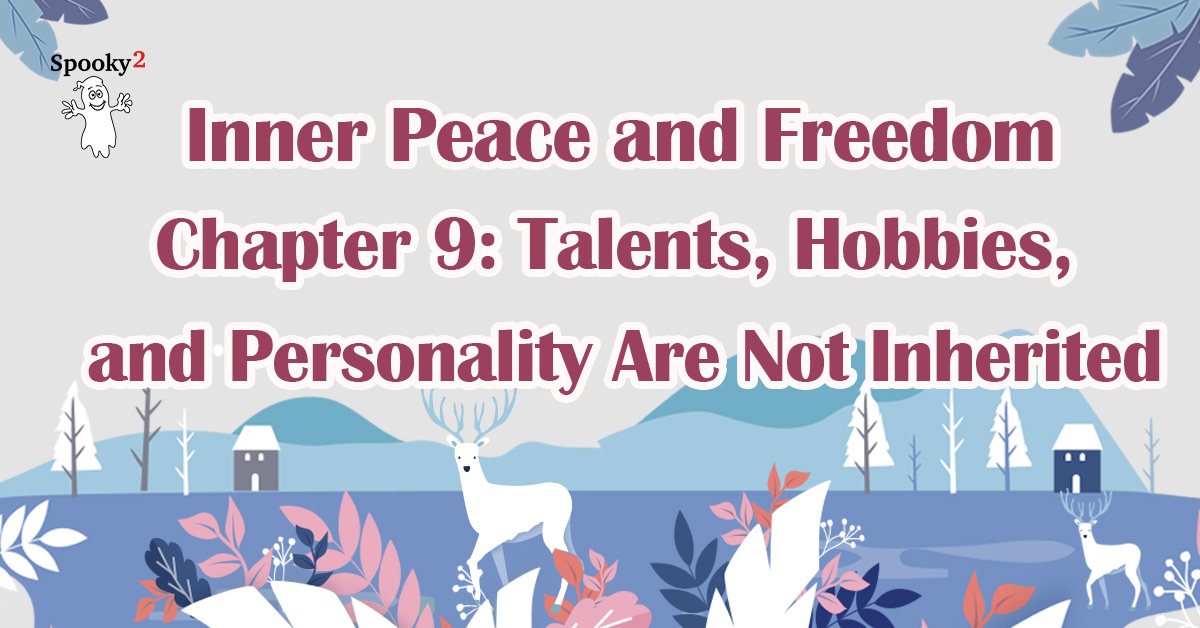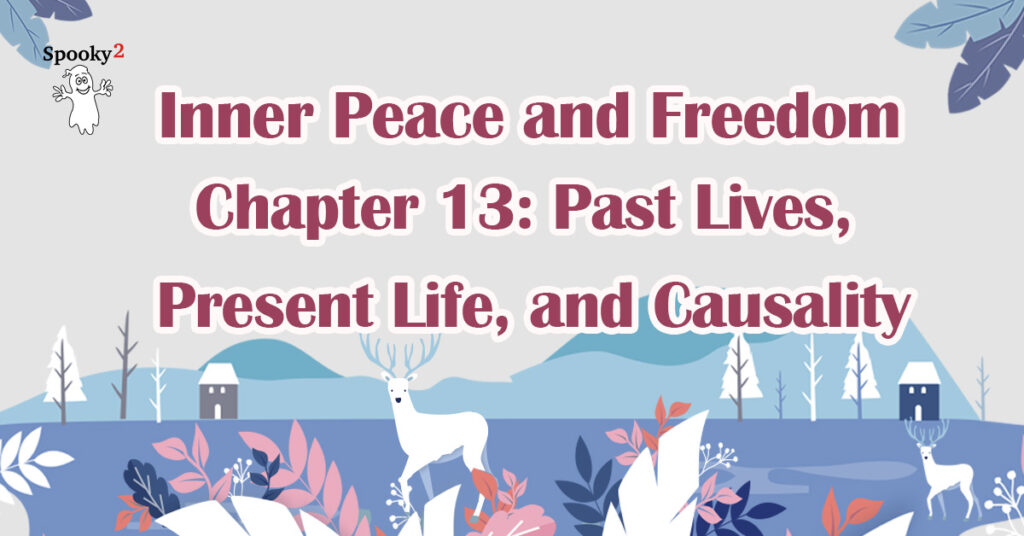Talents, hobbies, personality, and temperament. Are they inherited?
Where do they come from? Revolutionizing your understanding of genetics.
Today, let’s further prove that the human mind is not inherited from parents, that is, the human mind is not copied into the body.
We know that besides the innate potential of the Four Quotients, everyone is also born with potential for various skills and hobbies. Potential can also be called talent. In fact, talent and potential are two aspects of the same thing. From the perspective of being innate, it is called talent; from the perspective of development and cultivation, it is called potential (latent ability).
For example, everyone has different talents in sports, music, painting, calligraphy, etc. As the saying goes, “Every trade has its master.” In other words, everyone has talent in some area. Of course, the level of talent can vary greatly.
For example, the differences in talent among Go players are most evident. In amateur stage, there are 13 levels and 8 ranks, while in professional stage, there are 9 ranks. We will not discuss the amateurs for now. Among the professional players, they spend a similar amount of time playing Go, but their skills vary greatly, especially at the higher ranks of professional players. The higher the rank, the more difficult it becomes. This clearly shows the differences in talent.
In Chinese culture, there is a traditional custom called “One-year-old catch”, which has been passed down among people since the Southern and Northern Dynasties. When a child turns one year old, parents would place various objects such as an abacus, pen, book, and scale in front of the child. Based on the object the child grabs, predictions can be made about their future career choice.
This reflects the wisdom passed down by our ancestors for thousands of years. In the novel Dream of the Red Chamber, there is a scene that in Jia Baoyu’s “One-year-old catch”, he grabs a rouge and a hairpin, foreshadowing his future temperament.
Furthermore, in Tibet, there is a tradition used to recognize reincarnate lamas. They place various sets of prayer beads in front of the child being tested, and check whether the child grabs the set of prayer beads that the deceased lama had used before. This is used to determine if the child is the reincarnate lama they are seeking.
As humans grow older, various potential preferences and desires emerge. For example, young boys may show interest in weapons, vehicles, various ball games, etc., while young girls may be drawn to dolls, singing, dancing, pretend-play toys, etc. Of course, there are exceptions, but this is true in most cases.
Some children enjoy eating meat or fish, while others prefer a vegetarian diet and feel nauseous when eating meat. Some children have a sweet tooth, while others prefer spicy and sour food.
As they grow older, girls tend to pursue beauty, while boys prefer to be cool. After reaching a certain age, their clothing preferences and aesthetic tastes vary greatly. Their individual hobbies, such as playing musical instruments, chess, calligraphy, painting, and sports, gradually emerge.
Having grown up, humans have more and more vexations. Due to pressures of making a living, jealousy, competitiveness, arrogance, and anger may arise. These are all innate. However, some individuals exhibit friendliness, kindness, patience, and humility. In terms of temperament, there can be significant differences between individuals and their parents.
Adults tend to choose their careers based on their preferences. Whereas, some individuals may not have specific talents or hobbies; they have to learn a skill to find a job. However, they still have some talent in that area. They naturally choose to learn a skill they have some talent for, and then find a job to make a living. At this point, hobbies are not prioritized, as survival is the primary concern.
Everyone’s innate personality and temperament differ greatly from their parents’ and siblings’. Since the differences are so evident, we won’t provide specific examples.
In conclusion, a person’s innate talents, hobbies, personality, and temperament are not inherited; they differ greatly from their parents’. Thus, they cannot be passed down through DNA.
Humans’ potential, talents, hobbies, personality, and temperament all belong to the human mind. While the genes of the human body are copied from parents, the mind is not copied from parents. Therefore, the human body and mind can be separated. The body is not the carrier of the mind; it is just a tool of the mind.
In the following chapters, we will continue to elaborate on this topic



